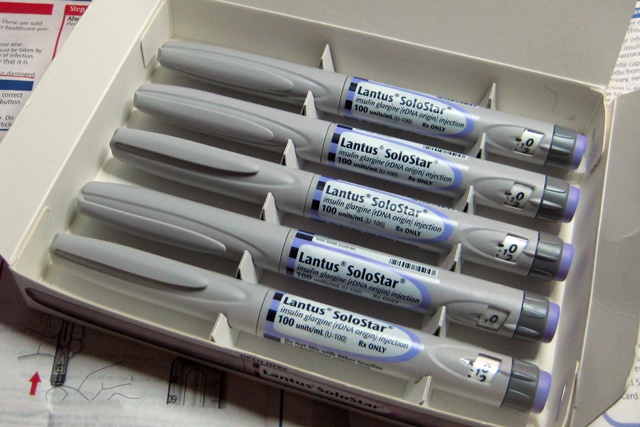19 Mar. 2021. Computer scientists designed a system with radio wave sensors interpreted by algorithms that indicate when residents make mistakes with their medication devices. Researchers from Massachusets Institute of Technology describe their system in yesterday’s issue of the journal Nature Medicine.
A team from the computer science and artificial intelligence lab of Dina Katabi at MIT is seeking a non-obtrusive method for checking on people who need to use medical devices like metered-dose inhalers for asthma or COPD, or inject insulin with injection pens. Misuse of these devices contributes to shortfalls in medical adherence that, according to data cited by the authors, is responsible for 10 percent of hospitalizations and an estimated 125,000 deaths per year in the U.S. Moreover, the authors cite other reports showing up to 70 percent of people with diabetes make errors in their self-administered insulin and more than half of the individuals with inhalers use those devices incorrectly.
To meet this challenge, researchers led by doctoral candidate Mingmin Zhao and visiting professor Kreshnik Hoti designed a system to detect medication device errors that works in the background and does not use cameras to observe or record behavior. Their system uses low-power radio frequency signals, some 1,000 times weaker than Wi-Fi, transmitted from the wall of a room, with sensors to detect reflections of those signals off people or objects in a 10-meter radius. Because of the high volume of water in humans, estimated at 60 percent, signals reflect differently from people than other objects, and can be detected with sensors.
Katabi and colleagues used a similar approach to design a system that detects sleep positions for bed-ridden patients called Body Compass. “One nice thing about this system,” says Zhao in an MIT statement, “is that it doesn’t require the patient to wear any sensors. It can even work through occlusions, similar to how you can access your Wi-Fi when you’re in a different room from your router.”
Algorithm interprets radio signal reflections
For detecting inhaler or injection pen behavior, the team identified signal patterns consistent with use of these devices, and distinguished between proper and improper use. In addition, researchers asked health experts to judge correct and incorrect behaviors of inhalers and insulin injection pens, by 107 adult volunteers using these devices for the first time.
The team collected nearly 48,000 radio wave signal reflections with common home activities packaged in two-minute radio wave segments to train a neural-network algorithm for evaluating device use. Included in that data set are some 1,200 examples divided evenly between correct and incorrect use of inhalers or injection pens, with errors such as not shaking the inhaler or priming the injection pen before use.
Algorithms in neural networks detect patterns in data sets, and in this case the researchers’ algorithm could detect incorrect from correct use of inhalers and injection pens in the collection of radio signal reflections. The algorithm accurately detected participants’ use of injection pens 88 percent and inhalers 91 percent of the time from all of the other home activities. When identifying correct or incorrect use of the devices, compared to assessments by health experts, the algorithm accurately overlapped with expert assessments (measured by area under the curve) 99 percent for inhalers and 97 percent for insulin injection pens.
The authors believe their concept can be extended to monitoring use of other medical devices at home. Also, Katabi is co-founder of Emerald Innovations, a five year-old company in Cambridge, Mass. developing wireless systems to monitor patients in their homes.
More from Science & Enterprise:
- Smart Walking System Wins Multiple Sclerosis Challenge
- Photo Algorithms Find Cancerous Melanoma Lesions
- AI Designs Better Gene Therapy Delivery Viruses
- AI Harnessed for Patient Monitoring Analytics
- AI Process Devised for Drug Repurposing
* * *


 RSS - Posts
RSS - Posts
You must be logged in to post a comment.